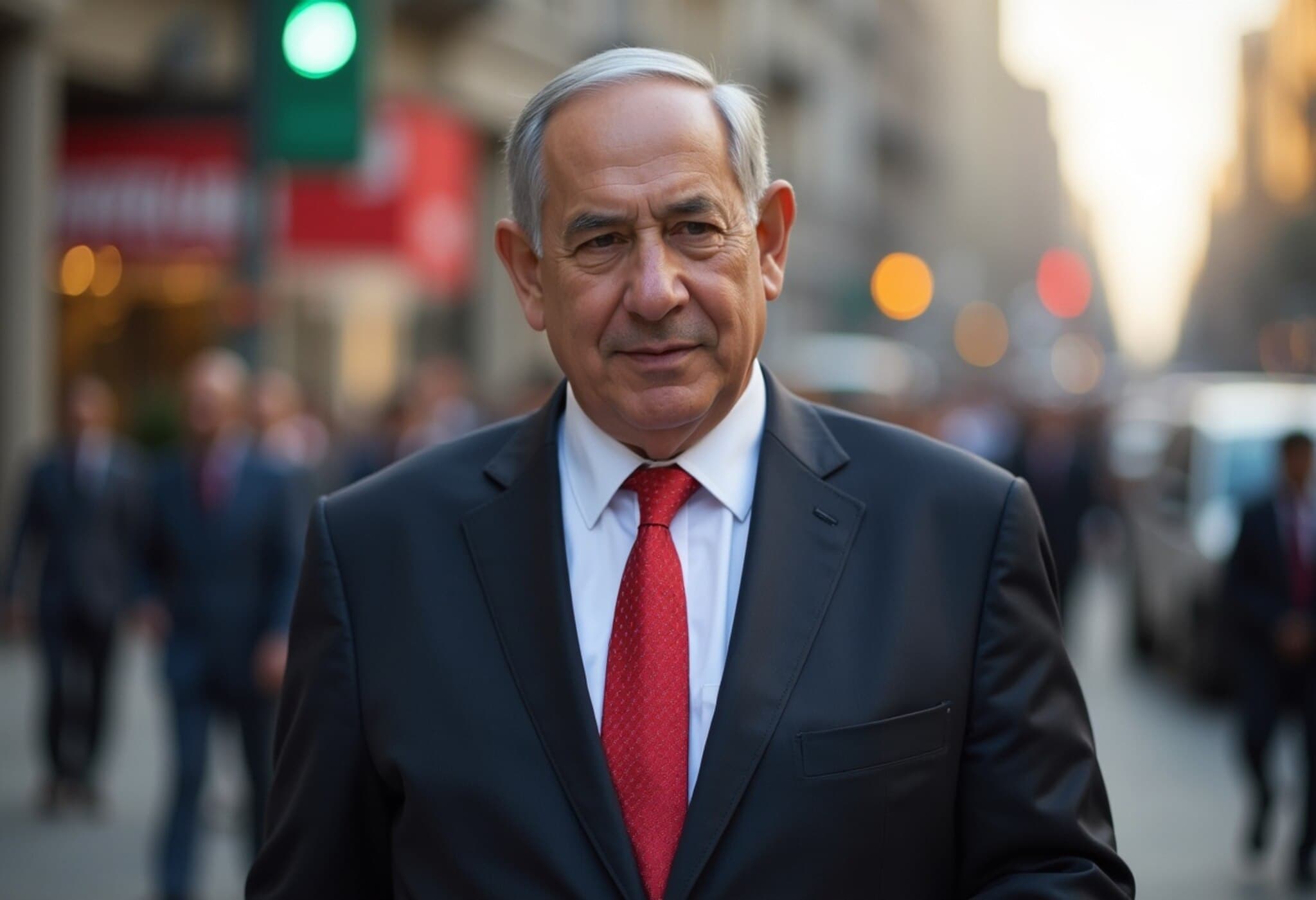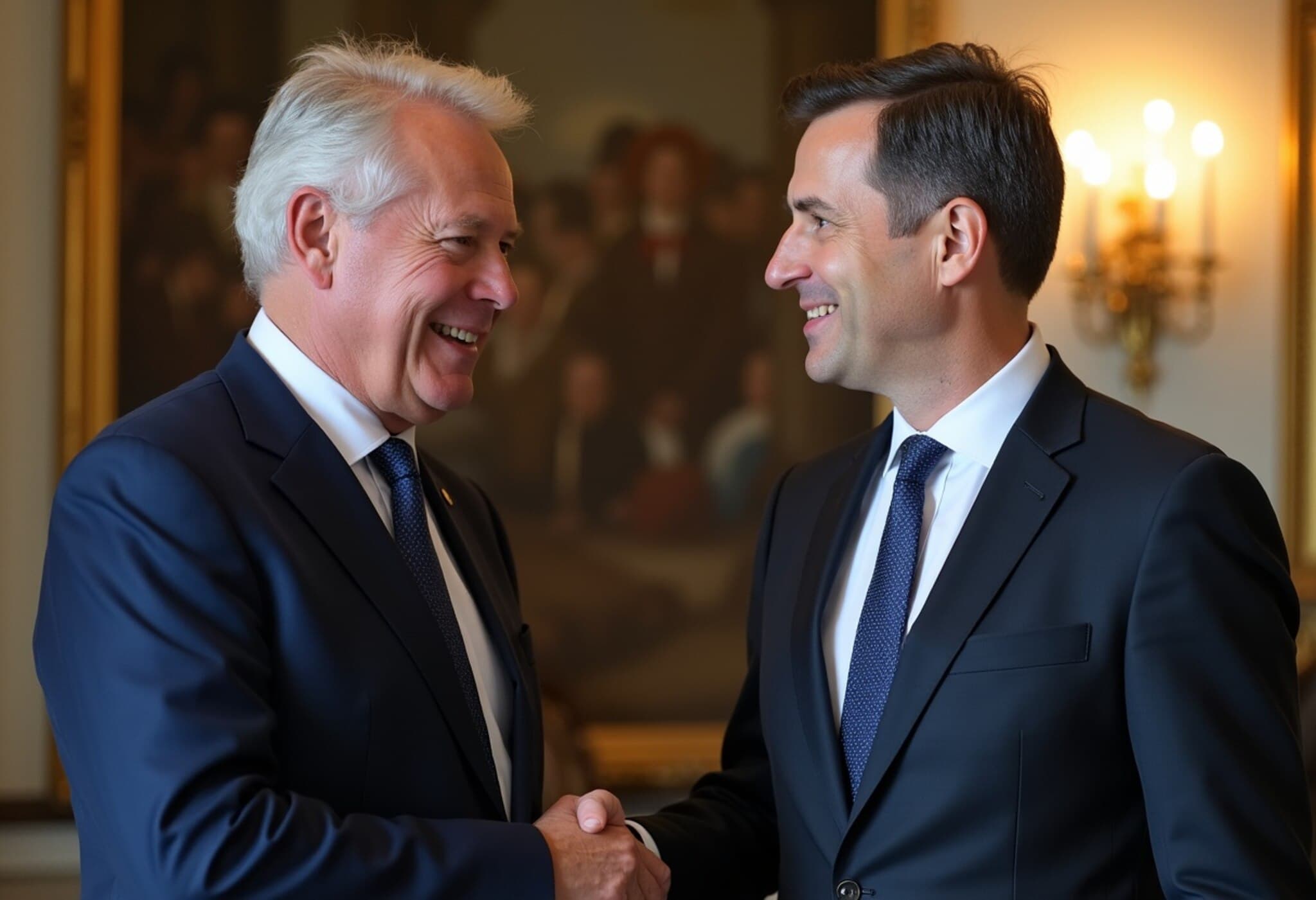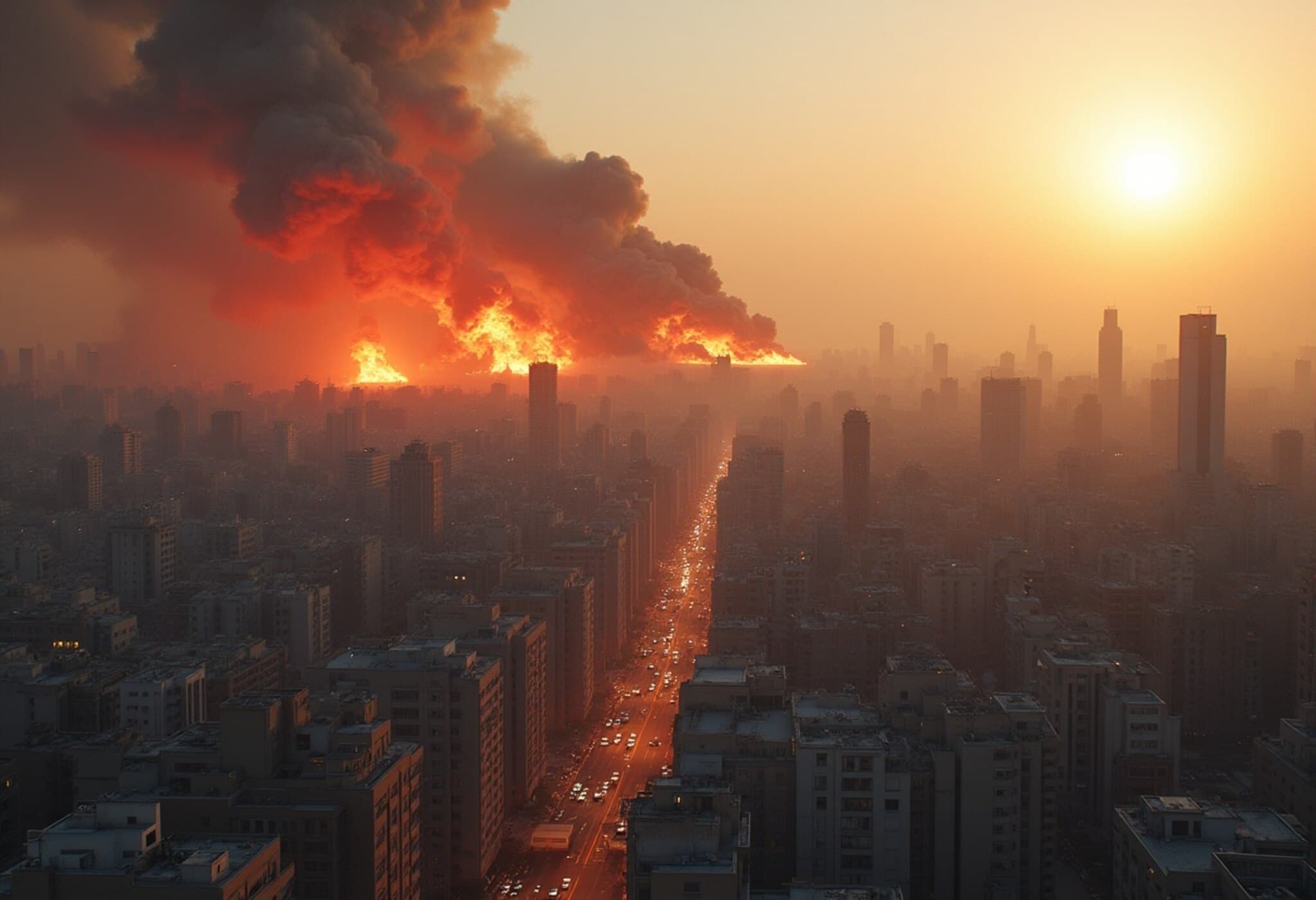Germany Freezes Military Exports to Gaza Amid Intensifying Conflict
In a decisive move reflecting growing international apprehension, Germany has announced a suspension of military equipment exports that could be deployed in the Gaza Strip. This decision comes hot on the heels of Israel’s escalated military campaign aiming to exert control over Gaza City, a strategy endorsed by Israel’s political-security cabinet in the early hours of Friday, August 8, 2025.
Chancellor Merz Stresses Germany’s Position
German Chancellor Friedrich Merz articulated that while Israel retains the undeniable right to disarm Hamas and secure the release of Israeli hostages, the recent intensification of military operations complicates the realization of these objectives. Merz stressed that Germany will not authorize any further military exports that could facilitate ongoing conflict in Gaza until the situation stabilizes.
“The German government believes that the even tougher military action in the Gaza Strip decided upon by the Israeli cabinet last night makes it increasingly difficult to see how these goals can be achieved,” Merz said in a formal statement, emphasizing humanitarian concerns and the urgent necessity for restraint.
The Complexity of Military and Political Pressures
Within Israel’s coalition government, notably the far-right factions, pressures mount to pursue a complete takeover of Gaza in an effort to eradicate Hamas militants. However, these plans come with significant risks, including potential harm to the remaining hostages whose lives could be imperiled by expanded military incursions.
Germany’s approach underscores a deep apprehension about the deteriorating humanitarian conditions in Gaza—an area that has borne the brunt of conflict for nearly two years. Chancellor Merz highlighted that facilitating hostage release and fostering ceasefire negotiations remain Germany's highest priorities, reflecting a nuanced stance between support for Israel’s security and the imperative to protect civilian lives.
Contextualizing Germany’s Military Exports
Recent reports reveal that between October 7, 2023, and May 13, 2025, Germany granted export licenses worth approximately 485 million euros (about $564 million) for military equipment destined to Israel. These figures have sparked debate about the role of arms transfers in prolonged conflicts and the ethical responsibilities of exporting nations.
Expert Insight: Balancing National Interests and Global Humanitarianism
From an American policy perspective, Germany’s decision resonates with broader tensions observed in the international community regarding arms trade regulation and conflict zones. The freeze in military exports could pressure other NATO countries to reevaluate their defense support to Israel amid concerns of escalating violence and civilian suffering.
Moreover, this development raises critical questions about how democratic nations wield their leverage in conflict resolution: Should economic and military ties be conditioned strictly by humanitarian considerations? How might Germany’s move influence peace talks or alter regional power dynamics?
Looking Ahead: Stability and Diplomacy at the Forefront
As the conflict in Gaza enters a new phase with increased military engagements, diplomatic efforts gain heightened urgency. Germany’s stance signals a call for international actors to prioritize dialogue, humanitarian aid, and hostages' safe release over deepening military escalation.
Editor’s Note
Germany’s suspension of military exports amidst the Gaza conflict embodies the complex interplay between supporting allies and upholding humanitarian principles. This pause challenges policymakers worldwide to reconcile strategic alliances with ethical imperatives in conflict zones. Readers should consider how such decisions influence not only the immediate conflict but also long-term peace prospects and regional stability.
Critical questions persist: Will Germany’s move catalyze greater global restraint, or could it lead to unintended diplomatic shifts? And fundamentally, how can the international community effectively balance the pursuit of security with the protection of innocent civilians caught in the crossfire?



















